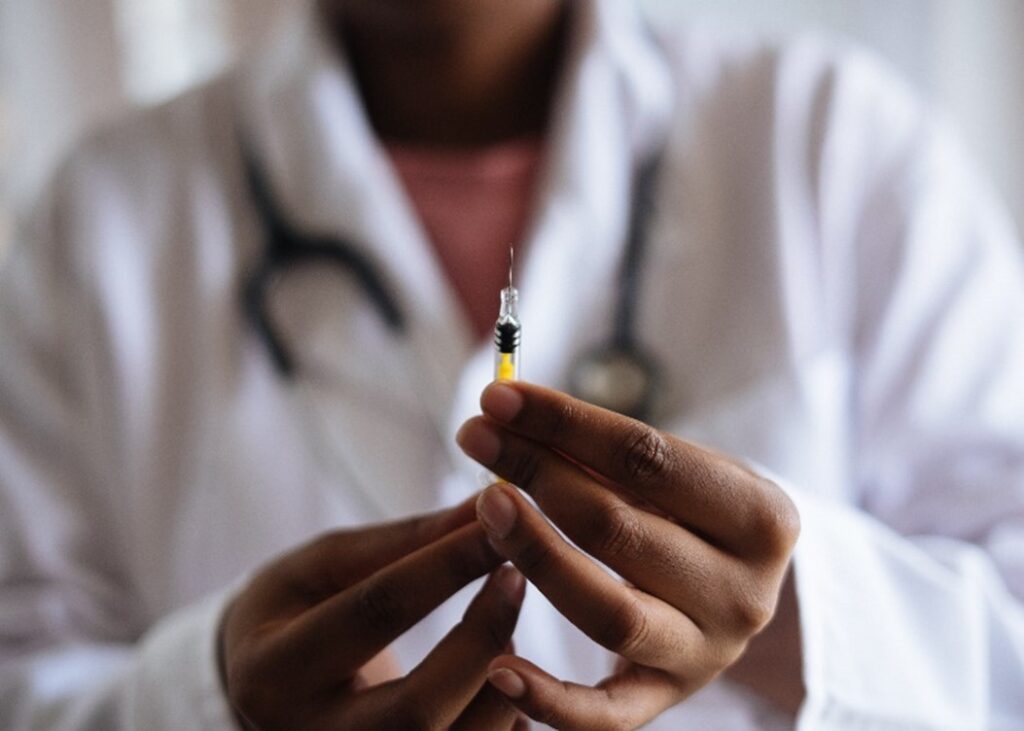Everything you need to know about egg freezing; from the egg freezing UK cost, the egg freezing process, what does egg freezing do, to what’s the best age to freeze your eggs.
Over dinner one night, I spoke to a friend who, at 35, decided to go through egg freezing.
My friend had gone through a bad breakup and didn’t want to rush back into dating. She wanted to take her time, consider her options, yet maintain her fertility. As I spoke to my friend about her experience, here are nine things I learnt.
1. You can go through egg freezing in your 20s
In our 20s, it wouldn’t occur to us that egg freezing is an option. We’re too busy transitioning into adult life of looking for a job and paying off any student debt. However, it’s generally considered that our eggs are in their peak condition in our 20s. But it feels hard enough making it through our 20s without adding this on top.
2. But you probably won’t be able to afford it until your 30s
My friend froze her eggs in her mid-30s and admitted that she wouldn’t have been able to afford it earlier. Egg freezing UK costs include paying for a fertility MOT (hmm, the name might need a rebrand), blood tests and screening, medication, and the actual egg retrieval and storage. Her total costs came to £5,000.
3. You can still go through egg freezing in your 40s
Although before 35 is usually the recommended age for optimum success, the average age of women who freeze their eggs in the UK is 38. Plus, the hefty price tag means having to come up with a good strategy to pay for it. But generally, clinics still offer egg freezing up to the age of 45.
4. You initially could only store your eggs for 10 years
Current UK regulation only allows you to store your eggs for 10 years for social reasons. Probably another factor as to why most women opt to do it in their 30s. Scientific progress has meant that eggs can be stored for up to 55 years. However, that option is only available for patients with medical reasons. Yet, in 2021, the UK government announced amending plans to extend egg freezing to 55 years regardless of medical or social reasons. This would help more women make an unpressured choice to start a family later in life, should they wish.
5. Do your research on egg freezing to know what to expect
My friend went through extensive research to get to grips with the procedure, from the hormones being pumped into her body to having to hope for the best while knowing there’s no guarantee. It’s something she described you have to be prepared to make peace with no matter the outcome.
6. Find an egg freezing clinic that works for you
It seems most clinics offer free workshops to talk you through the egg freezing process. This gives you a chance to scope out the different clinics to decide which is suitable for you regarding location, support and success rates. Currently women who use their frozen eggs for IVF treatment later have an average success rate of 18%. You also won’t know how viable your frozen eggs are until you need them. It’s a tough and somewhat cruel gamble either way.
7. You’ll be asked to go to counselling
My friend described the process as an emotional rollercoaster. Some days she felt empowered. Other days she felt scared and alone. She also had to decide who among her family and friends she wanted to share this journey with. Due to those emotional ups and downs (and not all hormone-induced), some clinics, as part of the service, will put you in touch with a counsellor to prepare you psychologically.
8. For 10 to 14 days, don’t make any concrete plans
It’s an exact process to know when eggs are ready for retrieval. My friend recalls injecting herself with medication twice daily for about ten days and being monitored every two days. During that time, it seems you’re basing your whole schedule around this process.
9. Finally, be kind to yourself
The reason some women opt for egg freezing is not because they were too selfish or career-minded to have children earlier. But, as my friend put it, it’s because sometimes life doesn’t turn out how you hoped or planned.
Whatever journey you may be on, the lesson seems to be, be kind to yourself, knowing that you’re doing your best every day.
